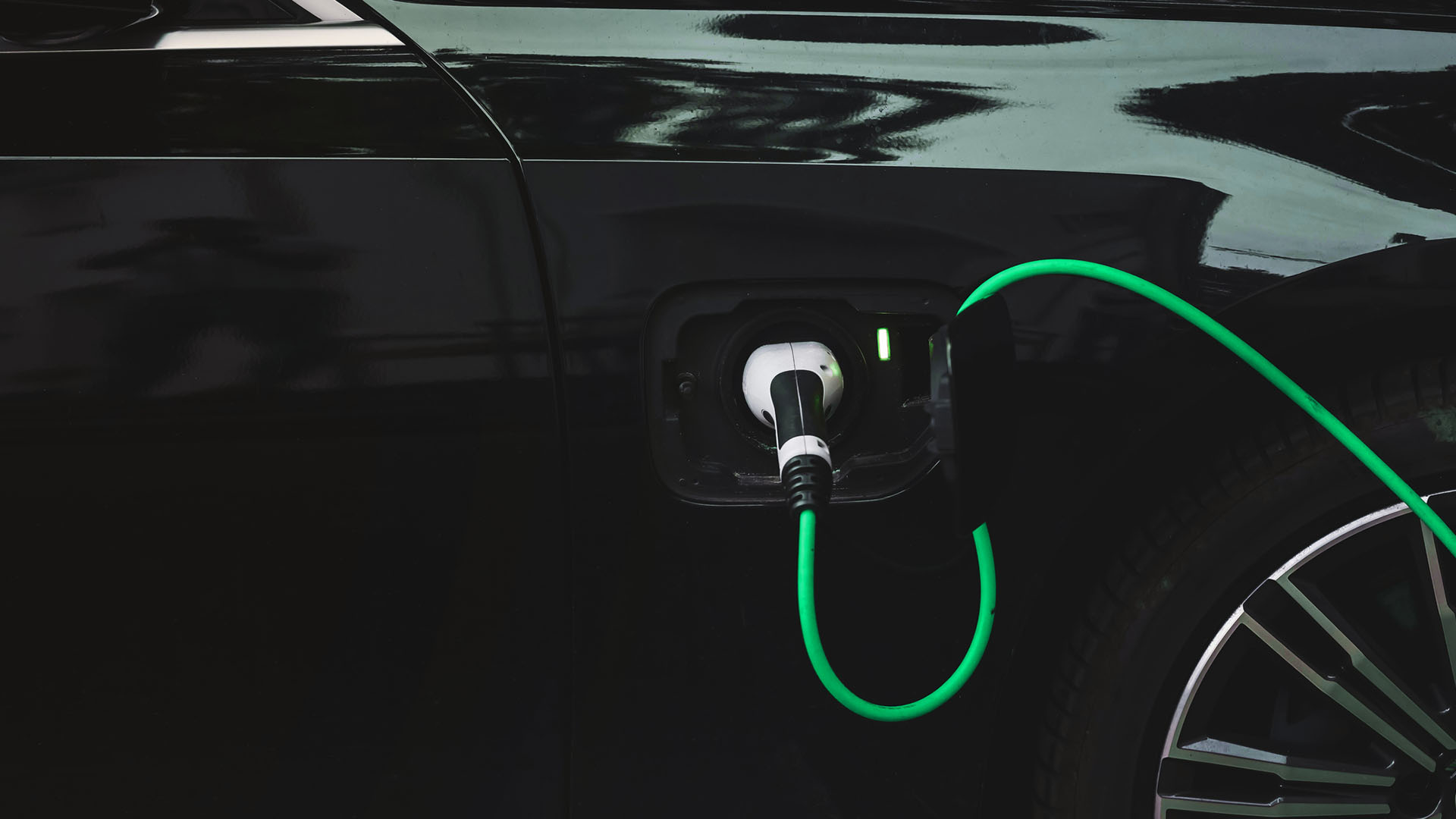When tragedy strikes, it’s understandable that those left behind will be focused on grieving and healing. Unfortunately, the world doesn’t stop during this time, and they will need to take care of some urgent practical matters.
Credit agreements can be of particular concern if the deceased was the family breadwinner. It’s not a pleasant subject to have to think about, but if you’re that breadwinner, you can ensure that your loved ones won’t face financial problems on top of heartache by considering the challenges they’ll face on that day and preparing for them.
The family car, for instance, could be a crucial lifeline during this difficult time. It should be passed on to your family, so they aren’t left without personal transport. Unfortunately, ownership doesn’t automatically transfer to your estate or your heirs if there’s an outstanding amount payable on the car loan – the bank keeps ownership of the car until the loan has been paid in full.
One of many good reasons to prepare a will
A will is a way to sort out your affairs in an orderly manner and according to your wishes. The executor of the estate is a nominated person with the necessary qualifications and accreditation to administer the estate. This is usually your family lawyer or law firm and they are named in your will. Deceased estates are governed by the Deceased Estates Act, 66 of 1965, which regulates the distribution of your possessions after you pass away.
All assets registered in your name, physical or financial, are effectively transferred into your estate and your estate also becomes liable for your outstanding debts.
If you don’t leave a will, your estate is handed over to the Master of the High Court. This can cause major delays in finalising the estate
As mentioned above, a will sets out your instructions on how to deal with your affairs after you’ve passed on. It lays out who should inherit your various possessions, and how you want your debts settled.
For example, you might think it is best to have the big family car sold after you die to settle the car loan. You could earmark other funds in your estate to be used to buy a smaller car more suited to your surviving family’s needs. Alternatively, you could decide that the proceeds of a specific life insurance policy be used to settle any loan agreements on the estate’s assets, including vehicle finance.
If you don’t leave a will, your estate is handed over to the Master of the High Court, who will distribute your assets according to the Intestate Succession Act, 81 of 1987. This can cause major delays in finalising the estate, and it could also mean that your family will have no say in how your assets are distributed or how your debts are settled.
What happens to a financed car when the owner dies?
When you die, the outstanding debt on your car loan will be transferred to your estate, which is expected to settle that debt as soon as is reasonably possible.
There are 3 settlement options to choose from:
- If you want your heirs to keep the car, you can specify in your will that you want the outstanding debt settled from the available cash, investments or insurance in the estate, or from the sale of assets.
- A relative, such as a surviving spouse, can take a loan to pay off the amount owing on the car. This is quite an involved process because it amounts to a new application for vehicle finance including all the usual loan requirements.
- The car can be sold to settle the outstanding debt. This can be done via public auction, with the proceeds used to settle the loan. If this sum doesn’t cover the outstanding amount, the executor must use the money in the estate to cover the shortfall. Unfortunately, more debt to be covered means less money going to your heirs.
How credit life cover can help
At Nedbank, we insist on credit life only on a personal loan. Because personal loans are unsecured, we need to ensure that they will be covered in the unfortunate event of your death. Vehicle finance from MFC, a division of Nedbank, requires only that you take out comprehensive cover on the car against accident, fire and theft.
Recognising that this is a stressful time, we do our utmost to be caring and understanding
But there’s nothing stopping you from taking out credit life insurance as well, to cover your car loan in the event of your death or disability. This might require adjusting your budget and trimming luxuries, but it’s worth the sacrifice. If the worst should happen, credit life cover will pay off the amount remaining on the vehicle loan, turning the car into an asset owned by your estate, so it can be passed on to your heirs.
What to do when a death occurs
If you’ve lost a family member who had MFC vehicle finance, as next-of-kin you should notify MFC as soon as possible on 0860 879 900 or at Care@mfc.co.za.
Recognising that this is a stressful time, we do our utmost to be caring and understanding. In certain circumstances, we can make arrangements that allow for debt repayments to be paused, or for the debt to be settled through new loans or agreements. These arrangements can make the difference between grieving uninterrupted and trying to handle complex matters when your mind isn’t fully up to the task.
We will need the following documents:
- A certified copy of the death certificate.
- A copy of the deceased’s identity card or document.
- A copy of the marriage certificate, if this applies.
- The executor appointment letter, if available.
- The contact number of the executor or next-of-kin.
Steps if you want to take over the car loan
If, as a surviving family member, you’d like to keep the car by applying for a loan, call us on 0860 879 900 or send an email to Care@mfc.co.za and provide the following:
Current proof of comprehensive insurance.
A copy of the person buying the car’s identity card or document and driver’s licence.
- The address where the vehicle will be kept.
- The executor must give us the following documents:
- A certified copy of the death certificate.
- A certified copy of the deceased’s identity card or document.
- A letter of authority from the Master of the Court confirming executorship.
Did you know that if you take out MFC vehicle finance and open a Nedbank Savvy Plus or Savvy Bundle Account, you can get R200 a month cash back for the duration of your loan? For an affordable car loan tailored to your circumstances and value-added extras like cash back, choose the bank that’s best for your money.








